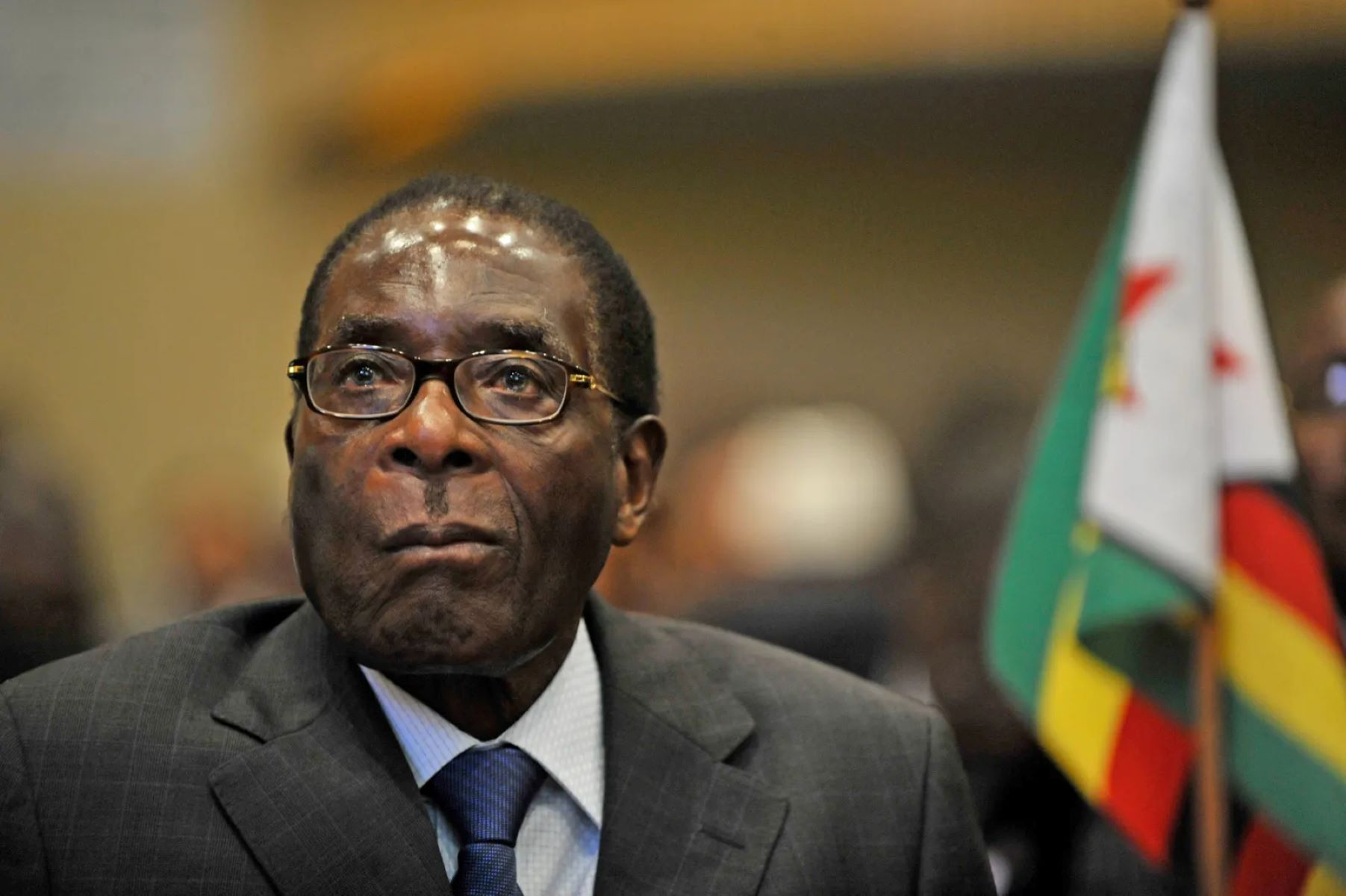
Robert Gabriel Mugabe, a controversial and enigmatic figure in African politics, was the President of Zimbabwe for more than three decades. With a career marred by both praise and criticism, Mugabe’s legacy is a subject of intense debate. From his rise to power to his eventual downfall, there are numerous intriguing facts that shed light on Mugabe’s persona and his impact on Zimbabwe and the international stage. In this article, we will explore 11 fascinating facts about Robert Gabriel Mugabe, delving into his early life, political career, and the controversies surrounding his rule. Whether you are familiar with the man or not, these facts are sure to provide a deeper understanding of one of Africa’s most influential leaders.
Key Takeaways:
- Robert Gabriel Mugabe was a highly educated and controversial leader who ruled Zimbabwe for 37 years, implementing land reform policies and facing international sanctions.
- Mugabe’s fiery speeches and anti-colonial activism defined his leadership, but allegations of human rights abuses ultimately led to his resignation in 2017.
Mugabe was the first Prime Minister of Zimbabwe.
Robert Gabriel Mugabe served as the Prime Minister of Zimbabwe from 1980 to 1987, after leading the country to independence from British colonial rule.
Mugabe ruled Zimbabwe for 37 years.
From 1980 until his resignation in 2017, Mugabe was the President of Zimbabwe and held onto power for an astonishing 37 years.
Mugabe was born on February 21, 1924.
Robert Gabriel Mugabe was born on February 21, 1924, in Kutama, Southern Rhodesia (now Zimbabwe).
Mugabe was known for his controversial land reform policies.
During his tenure as President, Mugabe implemented land reform policies, which led to the redistribution of land from white farmers to black Zimbabweans. These policies faced international criticism and had a significant impact on the country’s economy.
Mugabe was a highly educated leader.
Mugabe was known for his intellect and educational achievements. He held multiple degrees, including a Bachelor of Arts, Bachelor of Education, and a law degree from the University of London.
Mugabe was a prominent anti-colonial revolutionary.
Before becoming a political leader, Mugabe was heavily involved in the fight against British colonial rule in Rhodesia. He was a key figure in the Zimbabwe African National Union (ZANU), which fought for independence and majority rule.
Mugabe faced international sanctions during his presidency.
Due to his controversial policies and allegations of human rights abuses, Mugabe faced sanctions from several countries and international organizations. These sanctions had a significant impact on the country’s economy and international relations.
Mugabe was a vocal critic of Western imperialism.
Mugabe often criticized Western nations, particularly Britain and the United States, for their perceived interference in African affairs and their role in the history of colonization.
Mugabe was known for his fiery speeches.
Mugabe was an eloquent speaker and known for his passionate and provocative speeches. His speeches often touched on themes of African nationalism, anti-colonialism, and Pan-Africanism.
Mugabe’s leadership was marred by allegations of human rights abuses.
Mugabe’s regime faced numerous accusations of human rights violations, including political repression, torture of opposition members, and restrictions on freedom of speech and assembly.
Mugabe resigned as President of Zimbabwe in 2017.
After facing pressure from the military, his own political party, and mass protests, Mugabe resigned as President of Zimbabwe on November 21, 2017, ending his 37-year rule.
Conclusion
Robert Gabriel Mugabe was a complex and controversial figure in Zimbabwean politics. Throughout his years in power, he garnered attention and intrigue from around the world. From his early days as a freedom fighter to his eventual presidency, Mugabe’s legacy is one that is marked by both achievements and accusations.His leadership brought about significant changes in Zimbabwe, including land reforms and improvements in education and healthcare. However, his regime was also marred by allegations of human rights abuses and economic mismanagement. Mugabe’s long tenure as president came to an end in 2017 when he was removed from power.Regardless of one’s opinions on Mugabe, it is undeniable that he played a significant role in shaping the history of Zimbabwe. His story serves as a reminder of the complexities and challenges involved in leadership, and the lasting impact it can have on a nation.
FAQs
1. What were some of Robert Mugabe’s achievements?
Robert Mugabe implemented land reforms, improved education and healthcare systems in Zimbabwe, and fought for the country’s independence from British rule.
2. Did Robert Mugabe face any criticism during his presidency?
Yes, Mugabe’s regime faced accusations of human rights abuses, political repression, and economic mismanagement.
3. How long was Robert Mugabe in power?
Mugabe ruled Zimbabwe for 37 years, from 1980 until his removal from power in 2017.
4. What led to Mugabe’s removal from power?
A combination of factors, including a power struggle within his own party and pressure from the military and public protests, led to Mugabe’s removal from power.
5. What is Robert Mugabe’s legacy?
Mugabe’s legacy is a subject of debate. He is remembered for his efforts in fighting for Zimbabwe’s independence but also criticized for his authoritarian rule and economic policies.
Was this page helpful?
Our commitment to delivering trustworthy and engaging content is at the heart of what we do. Each fact on our site is contributed by real users like you, bringing a wealth of diverse insights and information. To ensure the highest standards of accuracy and reliability, our dedicated editors meticulously review each submission. This process guarantees that the facts we share are not only fascinating but also credible. Trust in our commitment to quality and authenticity as you explore and learn with us.
